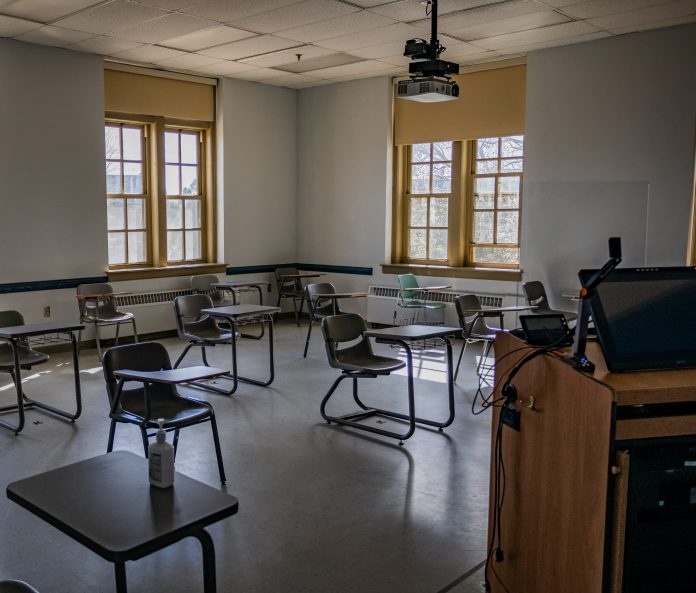
Wednesday Dec. 9 and Friday Dec. 11, 12 non-tenure eligible faculty members at the College of William and Mary were informed that their contracts may not be renewed for the next academic year. The faculty members were told that by March they would know whether they could stay at the College. Now, the deadline has been pushed back to May, leaving these faculty members, as well as their departments and students, anticipating the decision on their futures at the College.
Though the affected faculty come from a range of disciplines, much of the recent student activism on the issue has been focused on four NTE faculty members, all from the Modern Languages and Literatures department. German studies lecturer Veronika Burney, Italian lecturer Sara Mattavelli, Arabic studies lecturer Peiyu Yang, and a visiting assistant professor of Russian Studies who wishes to remain unnamed are all facing potential contract non-renewals, but will not receive the College’s final decision until next month.
While many of the 12 NTE faculty members hoped for a final decision on their contracts in March, Dean of Arts and Sciences Maria Donoghue Velleca explains that this was not a firm deadline.
“I committed to keeping our NTE faculty up to date with all developments; but cautioned that the earliest I expected more clarity on the budget would be March 2021,” Donoghue Valleca said in an email. “I have continued meeting with an A&S NTE advisory group every other week and hold A&S NTE town halls every month to update faculty with the information I have. There has never been a set date on when new contracts might be offered.”
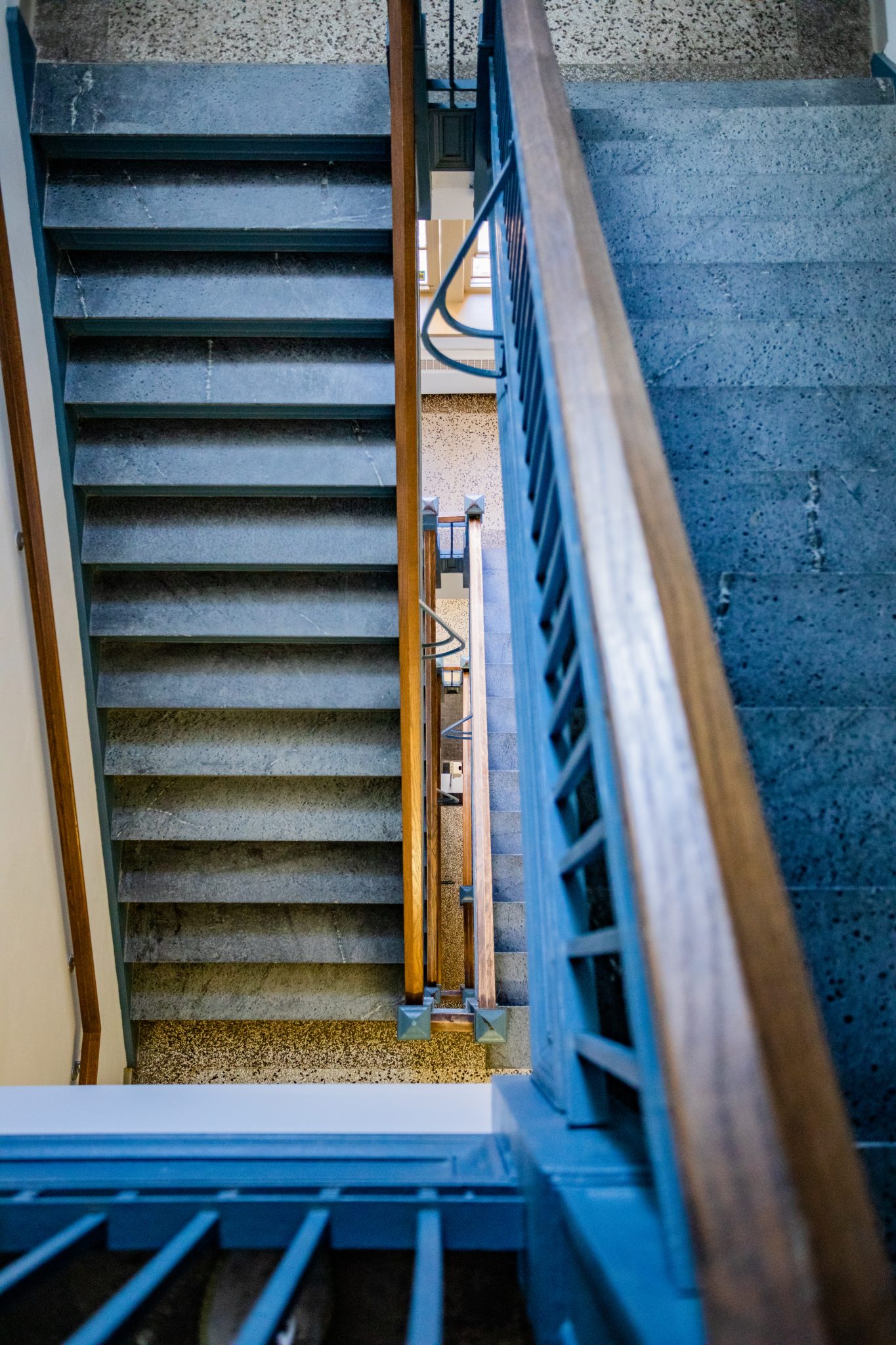
According to Donoghue Velleca, much of this uncertainty stems from the College’s budget. Back in December, the College of Arts and Sciences was asked to plan for a 5% reduction in their operational expenses, leading Donoghue Velleca to notify the affected NTE faculty that their contracts may not be renewed. However, this 5% reduction is not definite: depending on the College’s enrollment, tuition costs and other factors, the NTE contracts may be renewed after all. This, Donoghue Velleca argues, is why the final contract decision remains up in the air.
“Here we are in April 2021, and our budget situation has become less clear,” Donoghue Velleca said. “The W&M Board of Visitors postponed its decision on setting next year’s tuition, from February to April. And we don’t know student enrollments for Fall 2021. Thus, we are not sure of our revenues. In addition, we are facing an unexpected state-mandated salary increase for current full-time faculty and staff, which we do not expect to be fully funded by the state (W&M will be required to make up the balance of the salary increase). This means we have additional costs.”
However, for the faculty affected, this postponement of the final contract decision has left many feeling drained.
“While I understand that the administration does not want to make any hasty decisions, it is extremely frustrating and mentally exhausting to be ‘put on hold’ like this,” Burney said in an email. “My colleagues and I deserve answers, and we deserve to keep our jobs. Because of this, most of us are currently on the job market, which puts us under additional stress that we’re facing while still teaching our regular course load and completing additional invisible labor that comes with our jobs. Not to mention the additional stress of living through a pandemic, for us and our students.”
Of the four affected NTEs in Modern Languages and Literatures, none are U.S. citizens, layering additional complications on top of potential unemployment.
“I understand the good intentions, but this is a huge problem for international faculty who need VISAs to work in the United States,” Mattavelli said in an email. “The uncertainty is very stressful. There are hiring freezes almost everywhere, and I am very worried about my future and that of my colleagues.”
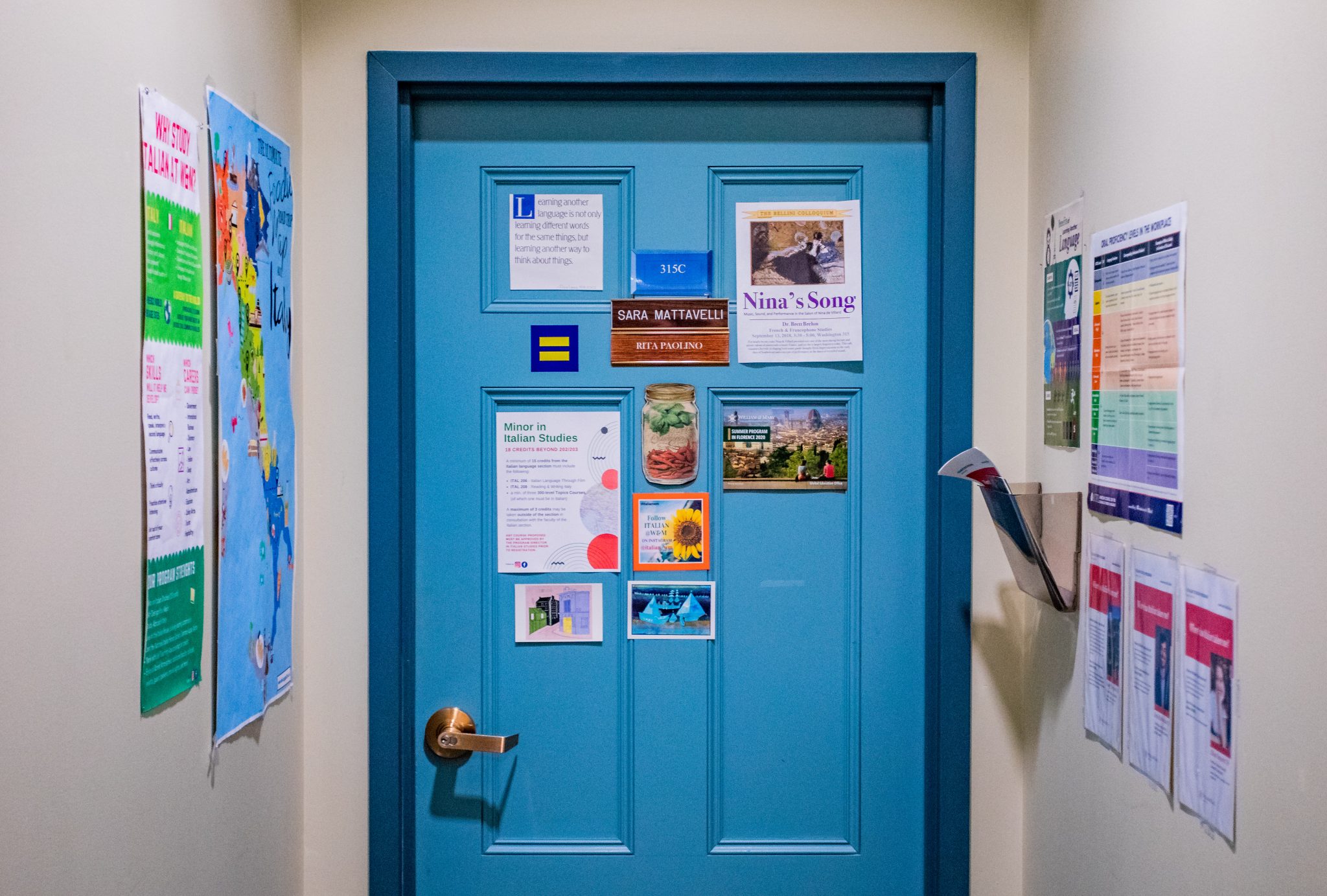
NICHOLAS MEYER / THE FLAT HAT
Though NTE positions are typically offered on a one or two-year contract, NTE faculty are involved in all facets of the College’s campus: from teaching undergraduates to running extracurricular programs, with some even serving as faculty advisors for students. Professor Robert Leventhal, German studies program director, points to NTE faculty members as key members of the College community.
“The idea that they’re just teaching a language course or two is just not true,” Leventhal said. “These are full-fledged faculty members who are involved in every aspect of university life.”
For Mattavelli, the list of her on-campus involvements is lengthy: she is the director of a summer study abroad program in Florence, Italy, a Teaching Innovation Fellow at the Studio for Teaching and Learning Innovation, the Italian House and Italian club faculty advisor and a pre-major and major advisor. Trying to maintain these responsibilities while facing potential unemployment, Mattavelli says, has been arduous.
“This semester has been particularly difficult because on top of all my responsibilities as the only full time NTE in Italian, my service to the college and the profession (I am an elected representative of the American Association of Teachers of Italian), I need to navigate a terrible job market and figure out what my life could be outside of academia,” Mattavelli said. “All of this during a global pandemic.”
For a small program like Italian, Leventhal says, losing Mattavelli would have major consequences.
“When we’re talking about the Italian program here on campus, I can say with absolute, 100 degree certainty that the elimination of Sara Mattavelli is gutting to the Italian program at W&M,” Leventhal said.
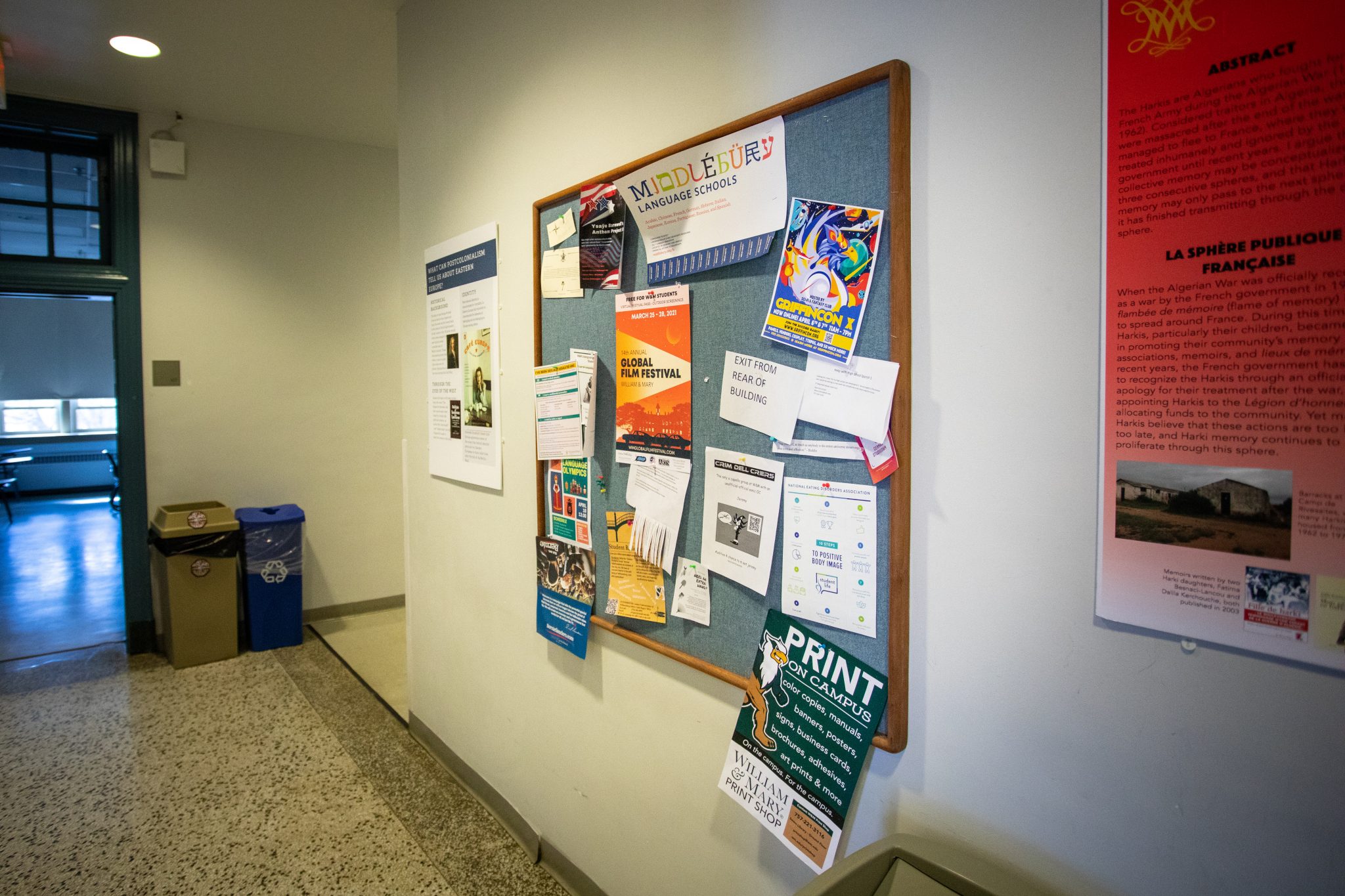
Italian is not the only program within Modern Languages and Literatures that is threatened by potential NTE cuts. The loss of Burney, Leventhal says, would enormously impact the German studies program at the College. Burney, who received a faculty award for teaching excellence in 2020, also serves as a pre-major advisor, director of a summer study abroad program in Potsdam, Germany and the advisor to the German House. For Leventhal, losing Burney means losing a valuable member of the German Studies community.
“I will be losing six courses next year,” Leventhal said. “Six courses. Veronika [Burney] averages probably 20 to 25 per course. You do the math. And that’s to say nothing of her myriad other activities with the German house, with the German Honor Society, with German film evening, you know, with all the sort of co-curricular and extracurriculars that we do as a way of creating the German Studies community on this campus. This is devastating for all of these programs.”
In addition to the impact on these programs, Burney also says that losing her job would have acute consequences for her family.
“Non-renewal of my current contract would deeply impact my family, as I am the main breadwinner, and financially and otherwise responsible for a small child with several medical issues,” Burney said. “A year ago, I was on track to be promoted to Senior Lecturer this year (after two years as Visiting Assistant Professor and four years as Lecturer), now I’m facing unemployment – when the (academic and non-academic) job market is the worst it’s been in years. Aside from the financial implications, the uncertainty of non-renewal is also putting a massive mental burden on me and my family.”
Burney and Mattavelli have taught at the College for several years, and both were up for promotion to senior lecturer, a position that signals a presumption of continued employment, similar to a tenured position. For Mattavelli, losing her contract with the College after years of work is disheartening.
“I was hired in 2016 under the assumption that a Lecturer position would lead to promotion to Senior Lecturer depending on satisfactory performance,” Mattavelli said. “I have been at W&M for 5 years, went through two reviews, and my department already recommended me for promotion to Senior Lecturer starting next Fall. I have been very invested in the Italian program and MLL since day 1 because I consider myself a member of this community. I’ve never been someone who simply comes to campus to teach their classes and then goes home. It is very demoralizing to see that none of this matters enough – number of majors/minors have more value.”
The number of students majoring or minoring in a program did indeed have an impact on the NTE contract decisions. Donoghue Velleca says that when deciding which NTE contracts to renew, student demand was the top priority. Although both Burney and Mattavelli were up for promotion, this did not impact their contract decision.
“All NTE contract decisions are based on curricular need,” Donoghue Velleca said. “First we assess student demand for particular courses and departments/programs. We also consider contributions to the COLL Curriculum, diversity in focus or background, and any special expertise that is not present elsewhere among our faculty. Neither past performance or pending promotion to Senior Lecturer is a criterion for decision-making.”
However, for professors like Leventhal who teach in smaller departments, “curricular need” doesn’t tell the full story.
“There has to be some sort of reckoning, right?” Leventhal said. “Yes, I understand there’s a vital need in economics, computer science, data science, etc. But do you, because of a shortfall in a pandemic do you gut a program? A smaller program that is incredible and serves so many undergraduates and is beloved by so many undergraduates on this campus? That seems, to me, short-sighted. And it speaks, to me, of a lack of vision.”
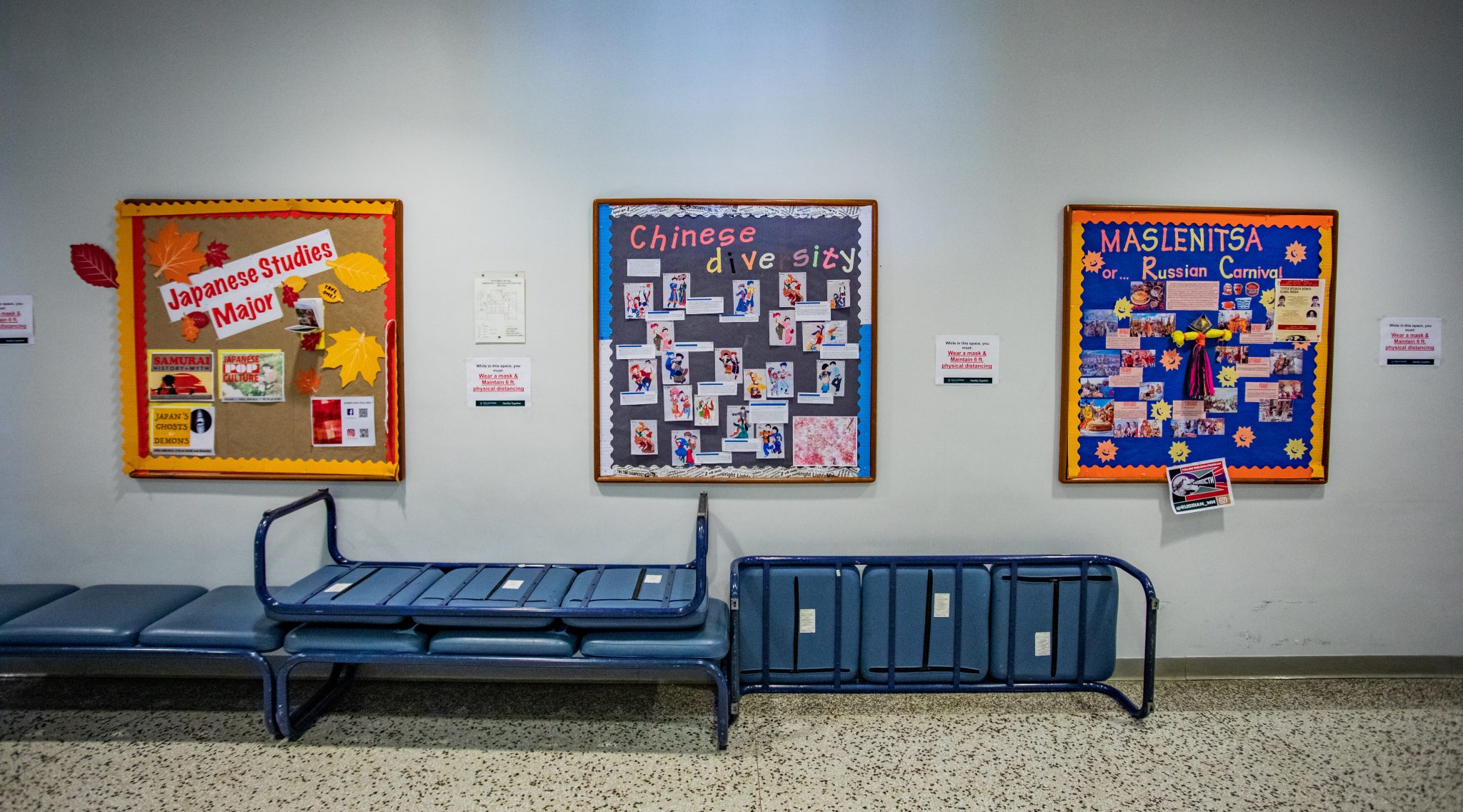
German studies, Italian and other programs housed in the Modern Languages and Literatures department are often very small. Italian studies lists four faculty members, and German Studies lists five, underscoring the potential importance of a single faculty member. Despite the small size of the programs, Mattavelli argues that modern languages courses are crucial to the College.
“I think it is a great loss for the W&M community and for our students,” Mattavelli said. “Our courses serve many interdisciplinary programs, help satisfy the FLP requirement and, in general, contribute to the diversity and internationalization of W&M. In my classes, students discuss many issues of diversity and inclusion: immigration, “second-generation” Italians, racism, gender and sexuality, and use of inclusive language, to mention a few examples. Language classes are not just vocabulary and grammar – we delve into cultural products, practices and perspectives to facilitate the understanding of other cultures and prepare students to be global citizens.”
Indeed, the College itself emphasizes the importance of modern languages on its self-guided tour, boasting about the size and age of the program.
“William & Mary had the first Department of Modern Languages in the country, and it is the largest Department of Modern Languages of any college in Virginia,” the website reads.
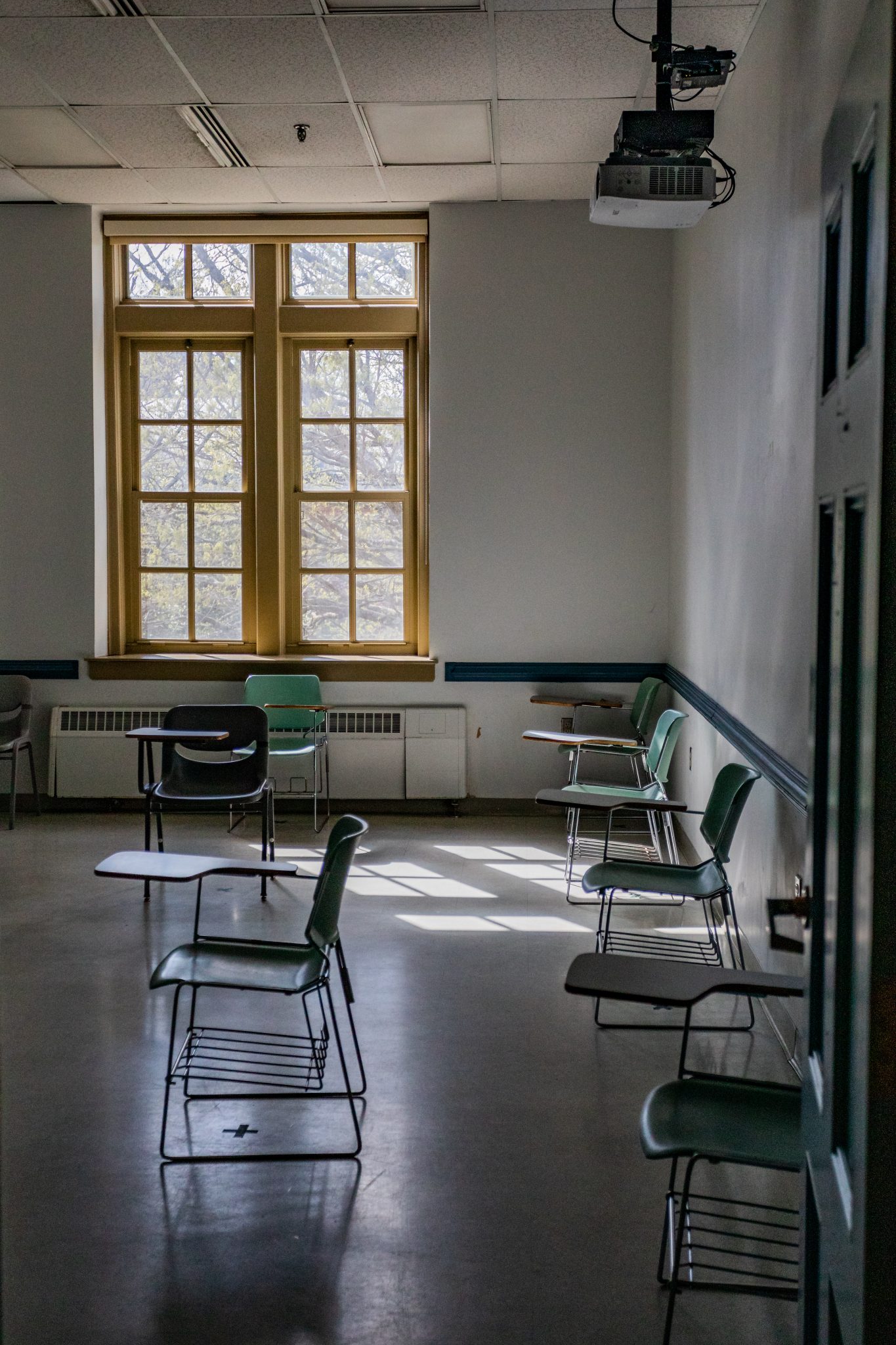
Despite this, Leventhal feels that the College is stripping resources away from the humanities, undermining its extensive history in programs such as modern languages.
“I fear that there is a movement away from what we have cherished for centuries here, and one of the reasons I came here — and many of us are here — is because the humanities occupies such a strong place at William and Mary,” Leventhal said.
For Leventhal, the reduction of NTE faculty in the modern languages department signals a larger shift in priorities away from the humanities.
“I talk to my colleagues in History, in American Studies, in Film Studies, and there is this sense among many of us that there is, in fact, a sea change going on at William and Mary,” Leventhal said. “It’s gradual, it’s slow, it’s not going to occur overnight. But this affects the very soul of the university. It’s about who we are.”
Donoghue Velleca, on the other hand, argues that the NTE decisions are not about humanities, but, once again, about curricular demand.
“Currently our highest curricular need, as assessed by student interest and demand, is actually in the social sciences, including Economics, Government, Public Policy, and International Relations, among others,” Donoghue Velleca said.
Despite the uncertainty of the situation, students in the Modern Languages and Literatures department have rallied around the contracts of Burney, Mattavelli, Filipovic and Yang. Through petitions, emails to the Dean and rallies outside the Wren building, students have shown their support for the affected faculty.
“My students – past and present – have been nothing short of amazing,” Burney said. “The outpouring of support I have received since the potential non-renewal of my position has been made public is truly heartwarming. I hear and feel their frustration and anger over this current situation – it very much mirrors my own. In the midst of a global pandemic and going through yet another incredibly difficult semester, they remind me why I chose this profession in the first place, and I am so honored to know that I’ve made such an impact on their lives – they certainly have made an impact on mine.”
Patrick Salsburg ’21, who has had five classes with Burney, is involved with a petition to keep Burney and the other affected faculty in Modern Languages. For Salsburg, the NTE faculty situation feeds into a larger pattern of draining resources from language programs, one that is troubling for the future of the College.
“It doesn’t bode well for the future of what William and Mary thinks of the Modern Languages department,” Salsburg said. “Last year, they got rid of the language tutors, and now, some professors. Once COVID isn’t an excuse, are they gonna still continue to get rid of the programs? I find it worrying.”
Meredith Lemke ’23, who has been a TA for Burney for the last four semesters and also the head editor for Die Zeitung, the bilingual German newspaper at the College, has also been involved with the petition to protect the affected faculty in Modern Languages. Lemke encouraged other students who have had professors who are facing non-renewal to advocate for them to the College’s administration.
“Show your professors that are facing non-renewal that you care,” Lemke said. “Email the president. Email the provost. Show them that we are watching and we see the shift from humanities to STEM at the College.”
Corrections: A previous version of this article stated that the Italian Departement has four full-time faculty members, when one of the Italian faculty is actually adjunct. A previous version of this article also stated that the Senior Lecturer position comes with a three-year contract, which it does not necessarily.



































